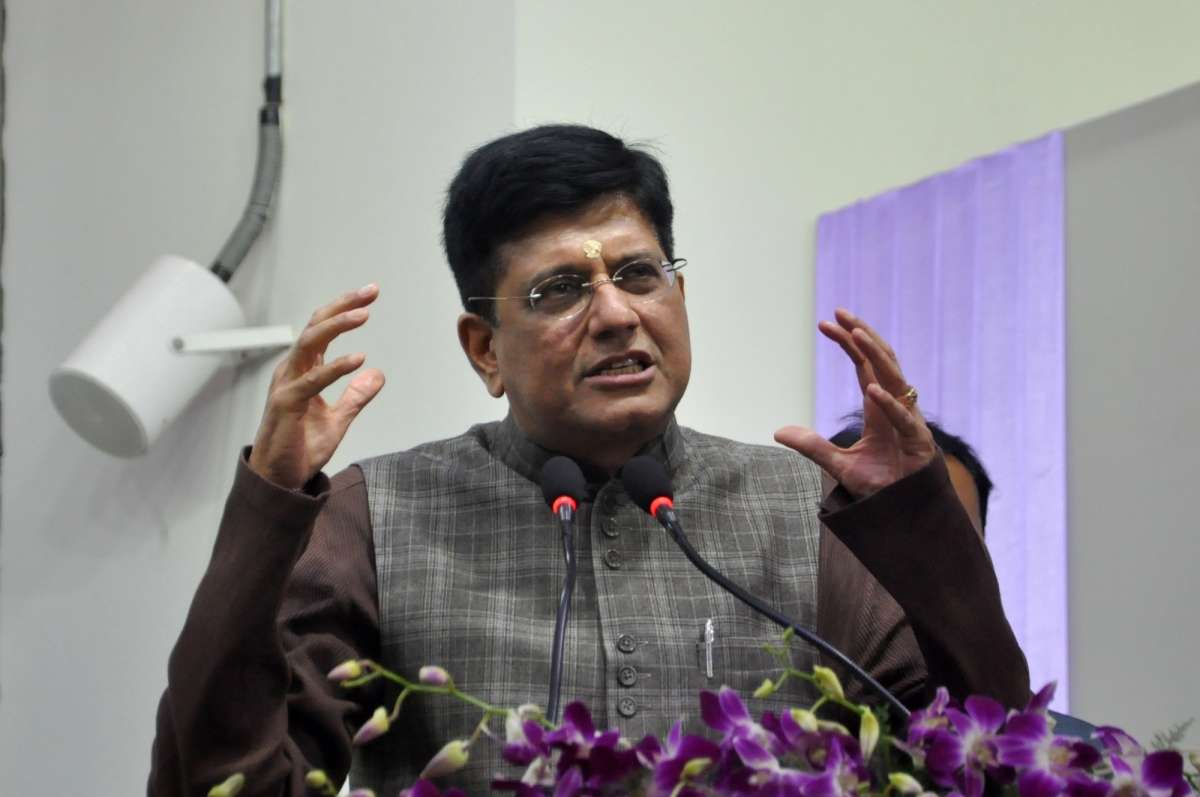The revenue collected from this tax could then be utilized for India’s green energy initiatives, benefitting companies transitioning towards cleaner energy and subsequently reducing their carbon footprint…reports Asian Lite News
Commerce and Industry Minister Piyush Goyal hinted at India’s contemplation of a domestic tax on specific sectors. The purpose is to aid the nation’s shift toward green energy and address the European Union’s carbon tax. Goyal criticised the EU’s decision, labelling it as “ill-conceived” and potentially detrimental to the EU’s manufacturing sector. He expressed hope that the EU would recognize the flaws in their Carbon Border Adjustment Mechanism (CBAM) and reconsider its implementation.
The EU’s plan to enforce a carbon tax by 2026 has already necessitated data sharing on carbon emissions from several carbon-intensive sectors. India vehemently opposes this move and is actively engaged in dialogues with the EU to resolve the issue. Goyal outlined India’s potential strategy: implementing a domestic tax aligned with European carbon tax rates. The revenue collected from this tax could then be utilized for India’s green energy initiatives, benefitting companies transitioning towards cleaner energy and subsequently reducing their carbon footprint.
Acknowledging the uncertainties surrounding these tax implementations, Goyal assured ongoing discussions with the EU to gain clarity. He emphasized the need for a fair approach that considers different values for carbon pricing, particularly in less-developed and developing countries. Goyal conveyed India’s commitment to resolving this matter while ensuring that utilizing taxes for domestic green initiatives would maintain competitiveness in India’s exports to Europe.
Goyal at the Observer Research Foundation’s (ORF) first edition of the Energy Transition Dialogue in New Delhi on Thursday said, “India’s energy transition has a very large end-to-end dimension and the government is working towards the goal of meeting the country’s energy needs with a clean source.”
According to an official release issued by the Ministry of Commerce and Industry, Goyal said that for the next 30 years, India is going to see a huge amount of growth in the economy and that is going to lead to significant demand for energy in all walks of life, so India’s energy transition has two dimensions: transit from past consumption levels and what we do to meet the needs of this growth.
“In the circumstances that we are in, India has been upping its targets on almost every aspect of the energy transition story by getting clean energy into the system,” he said, adding that India is working on many fronts.














